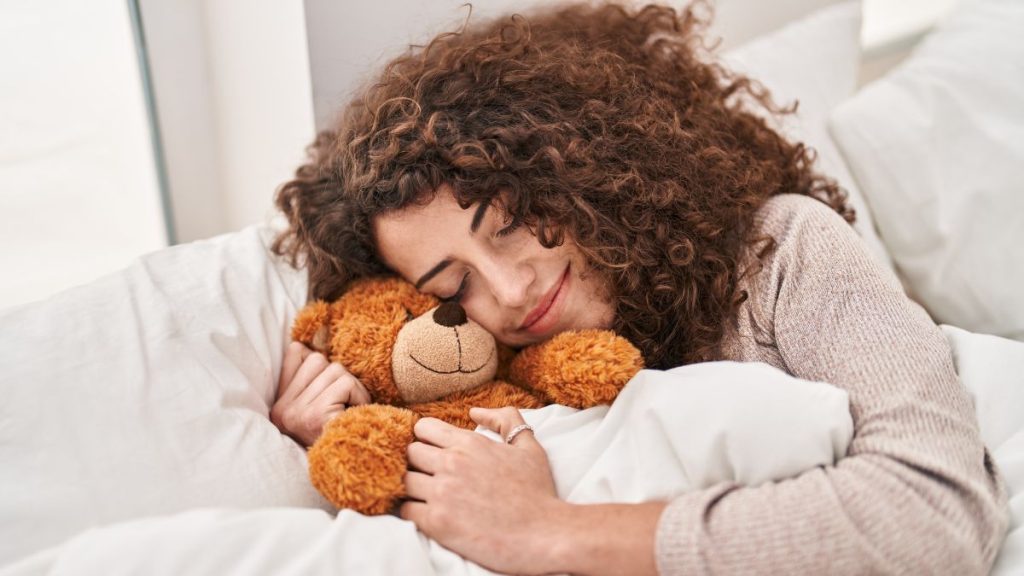During the COVID-19 pandemic, plush toy sales soared, and by 2024, 21% of all plush toys were purchased by adults over 18, according to market research firm Circana.
Others are reading now
Stuffed Animals Aren’t Just for Kids Anymore
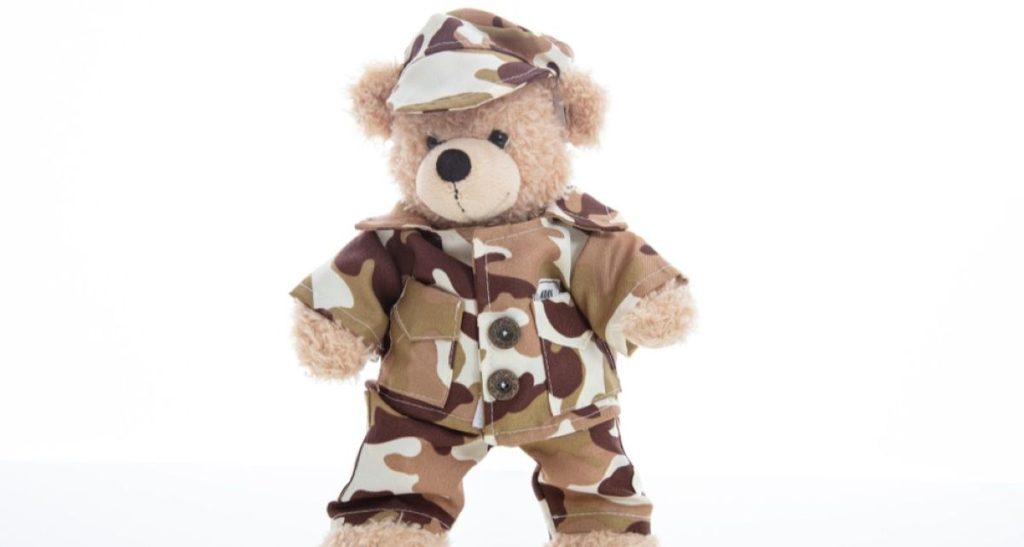
Once seen as childhood relics, stuffed animals are now finding a permanent place in many adult bedrooms. From plush raccoons to handmade crochet creations, people like doctoral student Max Genecov find comfort and familiarity in these soft companions.
During the COVID-19 pandemic, plush toy sales soared, and by 2024, 21% of all plush toys were purchased by adults over 18, according to market research firm Circana.
Brands like Build-A-Bear even developed product lines aimed specifically at grown-ups. Their survey revealed that more than half of adults still own a childhood stuffed animal—and 40% still sleep with one.
Comfort, Connection, and Better Sleep
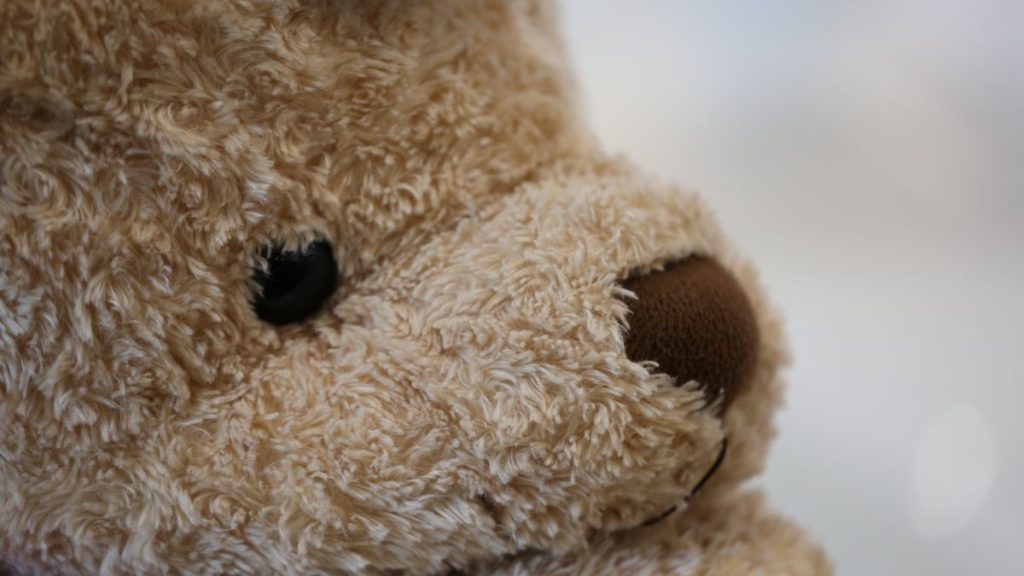
Experts say there’s absolutely nothing wrong with adults turning to stuffed animals for emotional support, or even just better rest. Dr. Jade Wu, a sleep psychologist, explains that these plush toys can help meet a basic human need for safety and touch, especially for those who sleep alone.
Also read
This kind of comfort can foster relaxation and support better sleep quality.
Stuffed animals can also create bedtime routines that signal the brain to wind down. The smell, texture, or simple presence of a beloved plush can trigger a sense of calm and prepare the mind for sleep. Some are even weighted, providing soothing pressure similar to that of a weighted blanket.
More Than a Toy: A Tool for Healing

For some adults, plush animals serve a therapeutic role. Dr. Jessica Lamar, a Seattle-based therapist, incorporates stuffed animals into trauma therapy. Clients often build bears representing their “inner child” to help them reconnect and heal.
It’s about nurturing that vulnerable part of themselves, something many of us could benefit from, even without a clinical diagnosis.
And it’s not limited to therapy. Many adults keep plush toys for the emotional comfort they bring. These objects offer a sense of nostalgia, connection to distant loved ones, or simply a cozy way to relax at the end of a long day.
Challenging the “Immature” Stereotype
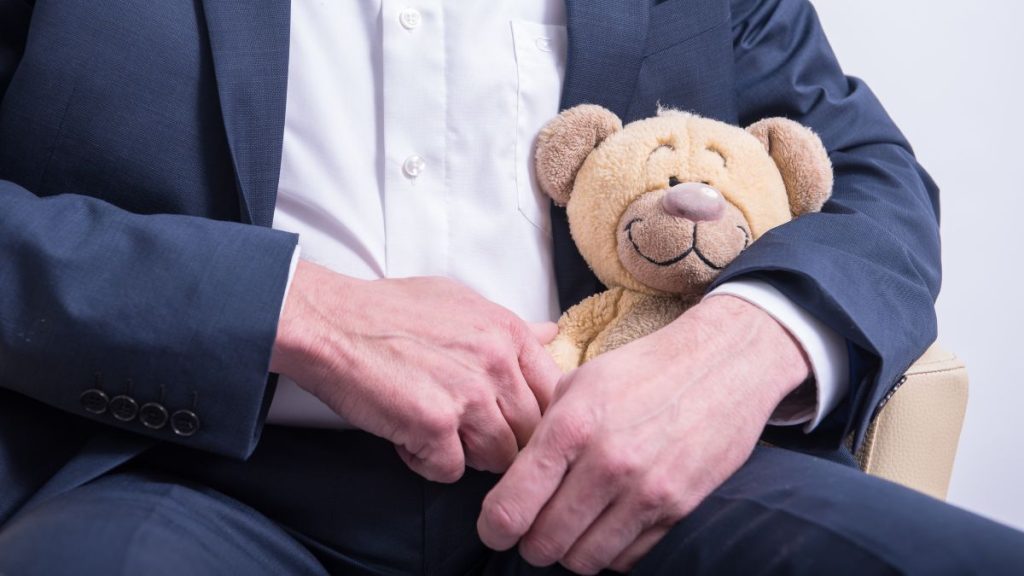
Despite lingering cultural stigma, experts agree that adults sleeping with stuffed animals is perfectly normal. Rather than a sign of emotional immaturity, it can represent a healthy connection to one’s past and an effective way to self-soothe. As long as a person isn’t overly dependent on the stuffed animal, there is no downside.
In fact, modeling this kind of gentle self-care for children can be beneficial. Dr. Barbara Greenberg notes that it helps kids learn healthy emotional regulation and it’s especially valuable for boys, who are often discouraged from expressing their need for comfort.
If It Helps You Sleep, Why Not?
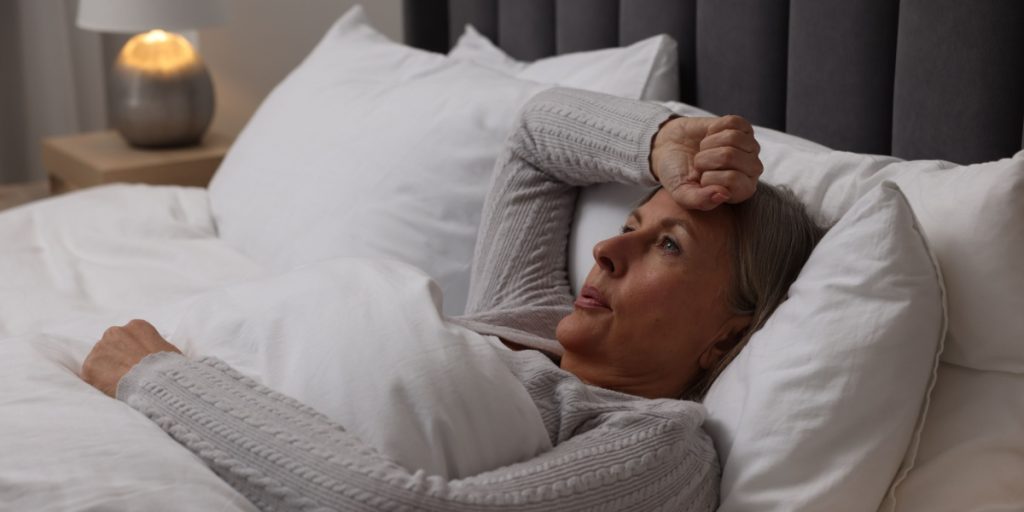
Cuddling a stuffed animal at night may meet deep evolutionary needs for contact and comfort. Humans are social sleepers, and even as adults, we rest best when we feel secure. A soft, familiar plush can help meet that need in a simple, effective way.
And unlike alcohol or sleep aids, it’s a soothing bedtime ritual with no side effects. As Dr. Greenberg puts it, “If it helps you with stress, it’s a much better alternative than taking a tranquilizer or drinking a glass of wine. It hurts nobody.”

